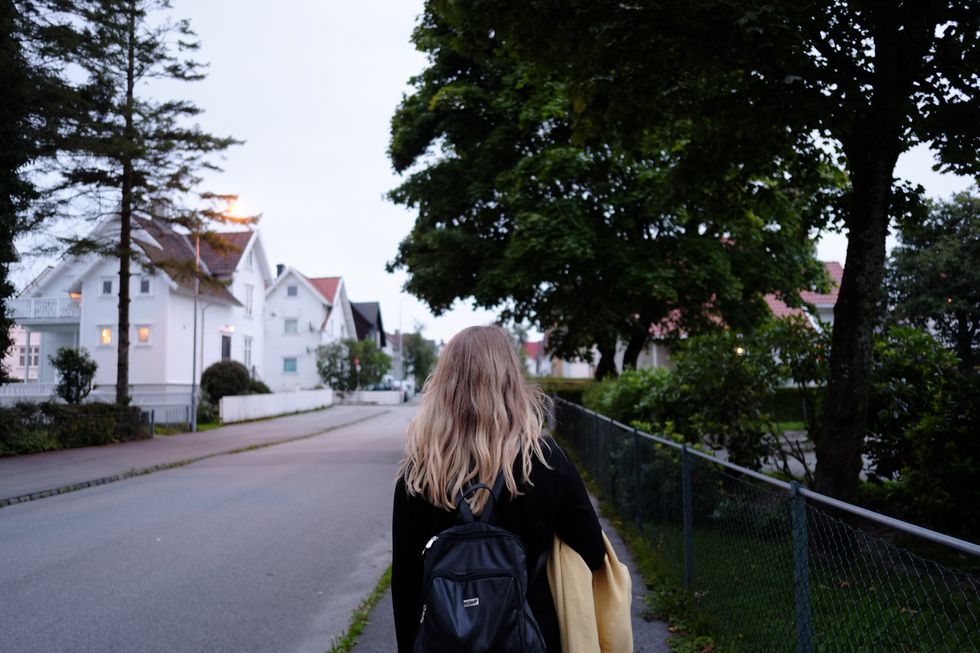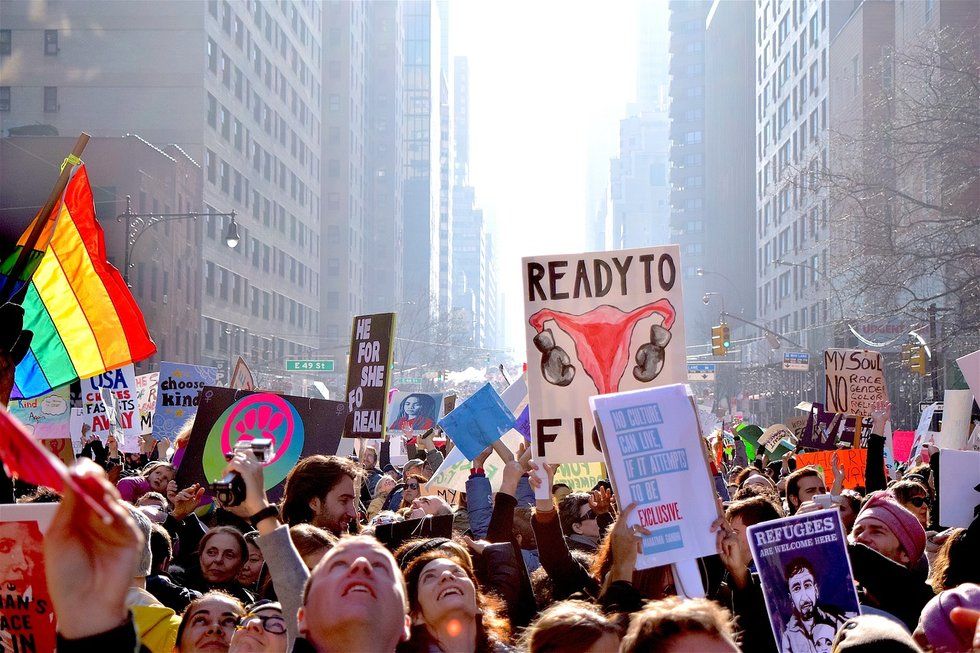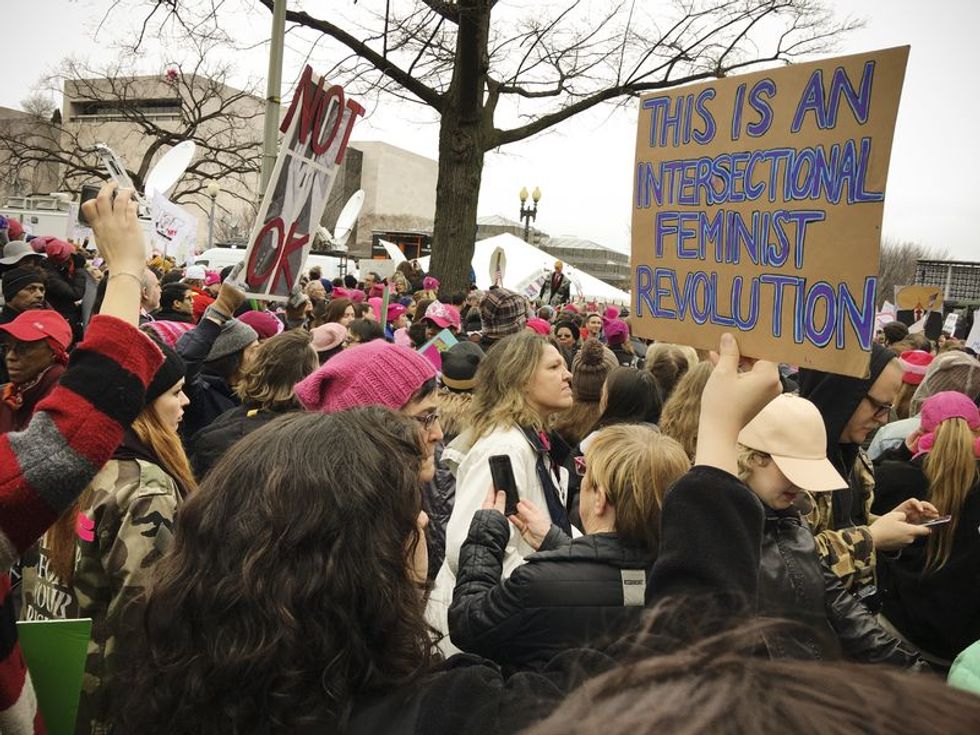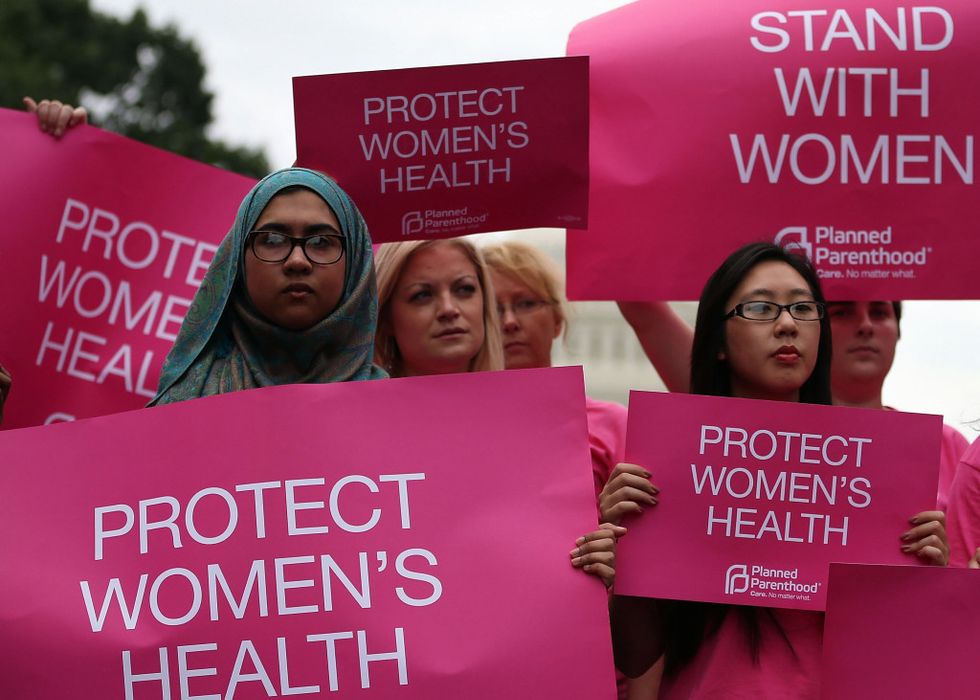Feminism is changing. The way we think about women, about femme bodies, about the space surrounding the female presence is evolving. It evolves to make space for others and allow that space to be accepting and open.
By definition, feminism is an idea of empowerment. It represents a push-back to age-old patriarchal standards and social hierarchies, challenging notions of gender superiority and institutions that work to cultivate that system.
But I feel that “feminism” gets a bad rap. And this is probably because of some preconceptions and myths about it. So let me be clear: No, feminism isn’t an I-hate-men-and-believe-I’m-better-than-them power trip, nor is it something that bashes women for wanting to be feminine or take care of the kids while their husband works.
Modern feminism (something people are referring to as either third or fourth-wave feminism) is a movement that is designed to examine different levels of oppression and injustice women experience like race, class and gender (used by the term “intersectionality”). Acknowledging that women as a whole do not have the same feminist experiences is a big component of modern feminism. And it’s this reason that makes the pro-choice movement so important.
Women have constantly had to battle for reproductive health care. Laws regulating birth control have largely been controlled by the government and voted into legislation by men (usually white men) and not women. It’s wrong that the female body is regulated and women’s access to contraceptives or safe healthcare is not dictated by their own wants and needs.
Birth control and the right to have safe sex is so important. Society tries to slut-shame and degrade women who are confident with their bodies. But feminism is accepting others as they are, respecting their lifestyle choices and beliefs regardless of what your own are.
This is a huge point. Feminism is accepting the lifestyle choices of others regardless of what your own are. Just because one person is extremely sex-positive and has multiple partners doesn’t mean they are undeserving of respect. And a woman who is asexual (doesn’t feel any sexual attraction) or likewise doesn’t want to discuss her sex life deserves respect too.
Now I know abortion is an emotional topic. I respect that this is an incredibly difficult situation for one to be in or for one to talk about, but I believe it needs to be addressed. Being pro-choice does not mean that you are an advocate for abortion nor that you yourself would ever get one if you were in that situation.
That being said, pro-choice is the act of recognizing that there are multiple layers to this topic. Women can be in the place where abortion is the best option for them emotionally, financially, medically, or otherwise. Their pregnancy could be the result of rape, abuse, manipulation, or lack of access to proper birth control. Carrying a child to term is not only physically draining, but raising that child in a home that is unequipped to give that child the emotional and monetary care it needs could be potentially damaging to them later on.
Pro-choice advocates protect women who deserve the right to decide what happens to their body and when the time is right for them (if it is) to bear a child. No one, especially the government, should make that decision for her.
To be a feminist is to respect the choices of other women and to also examine the depth of content that surrounds their decisions and societal perceptions. To be pro-choice is to uphold these ideals, and to defend sexual education, accessibility of birth control and the right to have a safe abortion if that decision is made. I truly believe that feminism is the wave of the future. And that future is diverse, accepting, educated and intersectional.












































